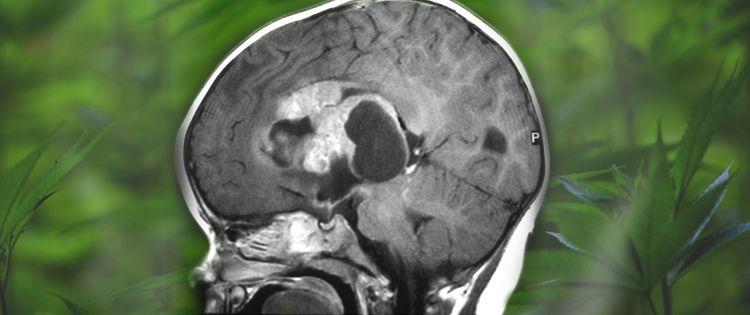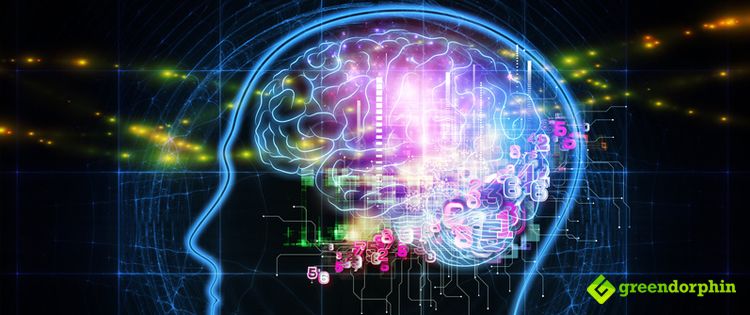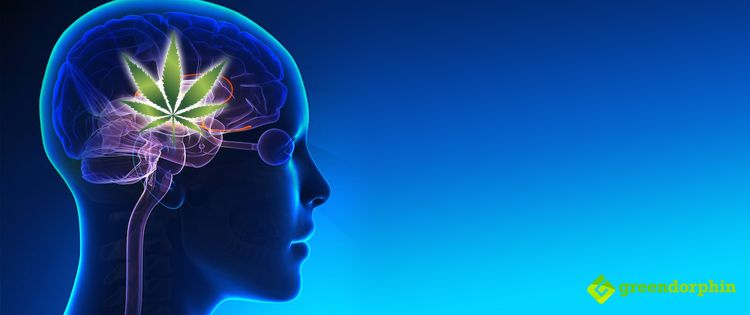The scientific journal for Addiction has published a new study that shows that there is no connection between the use of cannabis and the changes in a user’s brain.
13 institutions, with 20 researchers worked in collaboration across the United States, United Kingdom, and Australia to conduct the study.
Their main focus was to discover the relationship between the frequent use of cannabis and the structure of the brain. Their participants were 1,096 young adults and middle-aged men all over the world.
MRI screenings were used in the study to identify the volumes of gray matter in seven brain regions that could be connected to the habitual use of cannabis.
The thalamus, putamen, amygdala, hippocampus, nucleus pallidum, and caudate nucleus were the specific areas the researchers inspected.
The research ended up with a concluding result that states that there is no connection between the use of cannabis and brain morphology.

According to them, “standard variation in marijuana use is statistically unassociated with brain morphology as measured by subcortical volumes in non-clinical samples.”
In this same research, the researchers also took note of the level of alcohol and nicotine use, and total lifespan multi-drug use of the subjects.
What they found was that in middle-aged men, a connection between nicotine and substantial decreases in the size of the thalamus was strong.
The thalamus is a small structure found in the brain is the one sending off sensory signals. It is also in charge of regulating sleep, consciousness, and alertness of a person.
The researchers said that they found out a lot of evidence that supports the idea that cannabis is safe and that these types of studies help stop the concern or worries of the public health offices and policy-making bodies in the legalization of medical and recreational marijuana.
This is a big step for the community of cannabis advocates since there has been so much negative propaganda on marijuana and its use via campaigns that vilified cannabis in the past.
Contrary to this recent findings, one study presented the evidence that the frequent use of cannabis affects the number of changes in the size and shape of the brain parts which affects one’s motivation and emotion.
However, several studies counter-argue and refuse to support this claim. Researchers are now focused on studying the changes in the brain in connection to other addictive substances such as nicotine and alcohol.
As a matter of fact, there has been a research that says that medical cannabis can be used in some mental health issues which are most of the time associated to the part of the brain in charge of motivation and emotion.

These findings are consistent with what was written in the scientific journal which asserts that the exposure to cannabis by young adults and middle-aged men has no connection, in any way possible with the participants substantial long-term, cognitive performances and mental cognition.
The scientists who participated in the study said that their work was the biggest investigative analysis that integrated brain imaging with self-report cannabis and comorbid substance use data.
According to the information that they have collected, the use of cannabis was not able to affect the volume of the brain in any region in neither young adults nor middle-aged men.
A co-twin study was also conducted a few years ago where researchers observed several participants in the study for a long time. The research team that conducted the study said that they did not find any relation between the executive functioning or negative changes in IQ and cannabis use.
With another heavily studied and researched paper, the evidence that cannabis is a relatively safe drug should help ease the public health concerns about the growing trend of legalizing recreational and especially medical cannabis which continues to spread all over the United States and the world.
- How Commercial Cannabis Growers Can Benefit from Using a Software - May 17, 2019
- Understanding CBD Interactions and Why CBD and Your Brain Can Be Best Friends - January 4, 2019
- The Difference Between Using THC and CBD - December 19, 2018


